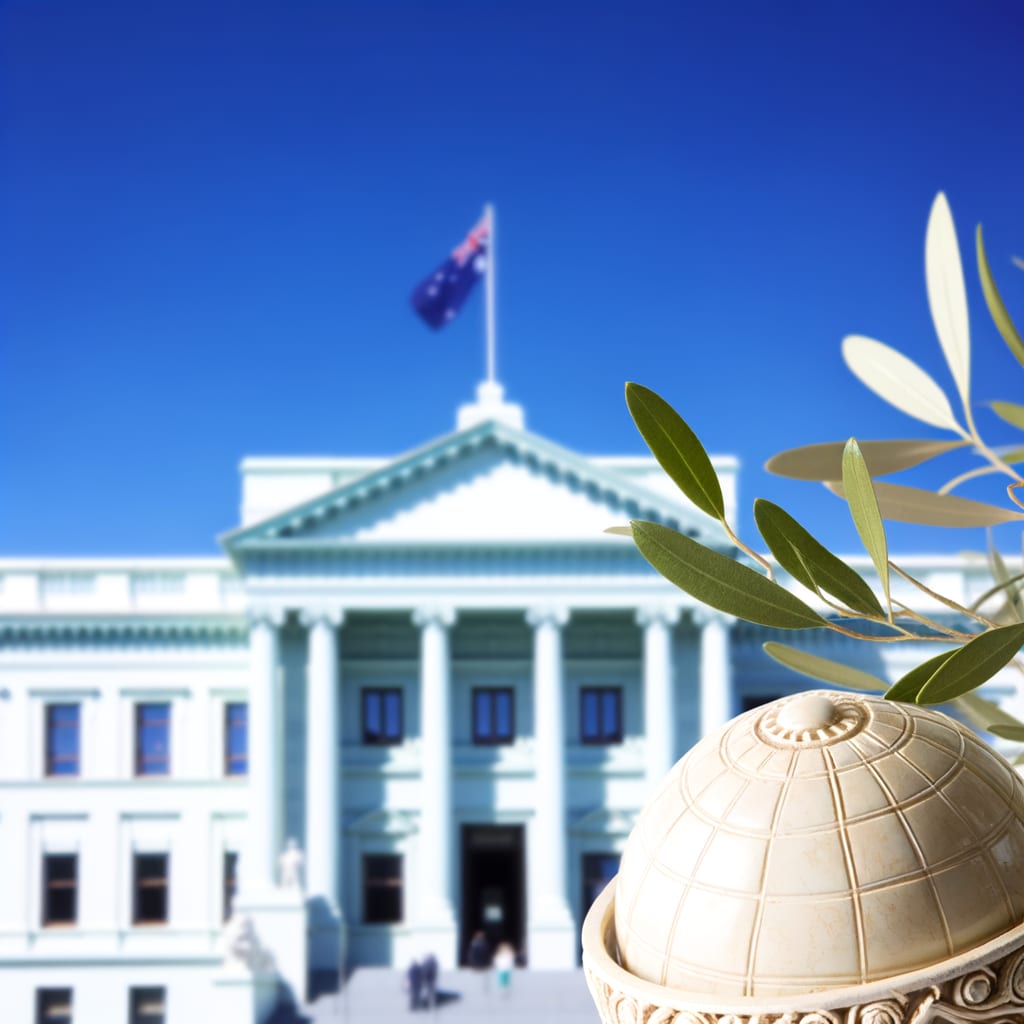Australia to Recognize Palestinian State Despite Israeli Opposition
Australian Prime Minister Anthony Albanese has announced plans to recognize a Palestinian state at the United Nations General Assembly in September. The move comes amid a flurry of international criticism aimed at Israeli Prime Minister Benjamin Netanyahu's recent announcement of a military offensive in Gaza.
International Response to the Gaza Conflict
Several countries, including France, Britain, Canada, and potentially New Zealand, have voiced similar intentions to recognize a Palestinian state as a response to the ongoing humanitarian crisis in Gaza. These announcements are a direct reaction to the nearly two-year-long war between Israel and Hamas, sparked by a devastating attack on Israel by the Palestinian terror group on October 7, 2023.
However, experts warn that such recognition could complicate peace efforts due to the continued presence of Hamas in Gaza and the perceived weakness and corruption of the other Palestinian leadership, the West Bank's Palestinian Authority.
Australia's Stance on the Conflict
Despite the Australian government's decision to recognize a Palestinian state, Acting Prime Minister Richard Marles insisted that Australia is not supplying any weapons to aid the Israel Defense Forces (IDF) in the conflict. This claim has been contested by human rights campaigners and the Greens.
Albanese's announcement comes in the wake of a meeting with New Zealand Prime Minister Christopher Luxon, where both leaders urged Israel to reconsider its plans to take over Gaza City. Luxon stated that the world had become uncertain and fractious, and that New Zealand has no greater friend than Australia
.
Israeli Defense of Gaza Offensive
Netanyahu has been vocally critical of countries considering recognizing a Palestinian state, branding such actions as shameful
. He argued that Australia would take similar action if it faced a situation akin to the Hamas attack. Netanyahu defended the military offensive in Gaza as a necessary step to end Israel's war with Hamas.
Implications and Reactions
Australia's foreign affairs minister, Penny Wong, has warned that the failure of the international community to help form a two-state solution could mean there's no Palestinian state left to recognize. Albanese has also used a call with the Palestinian Authority president, Mahmoud Abbas, to push for humanitarian aid to be allowed into the war zone.
Meanwhile, a pro-Palestine march across the Sydney Harbour Bridge, with an estimated turnout of 100,000 people, has indicated strong public support for Palestine. Labor MP Ed Husic said that Australian politicians have underestimated how strongly Australians feel
about Israel's conduct in Gaza.
Concluding Remarks
While several countries are moving to recognize a Palestinian state in light of the Gaza conflict, many observers believe it's too late. As criticism mounts against Israel's military offensive in Gaza, the recognition of a Palestinian state by countries like Australia seems to symbolize a moral turning point. However, the effectiveness of this move on the ground remains uncertain, especially in the face of the ongoing war in Gaza.

